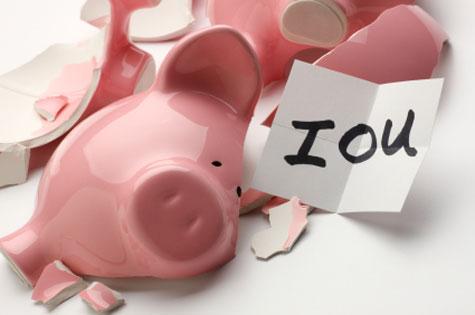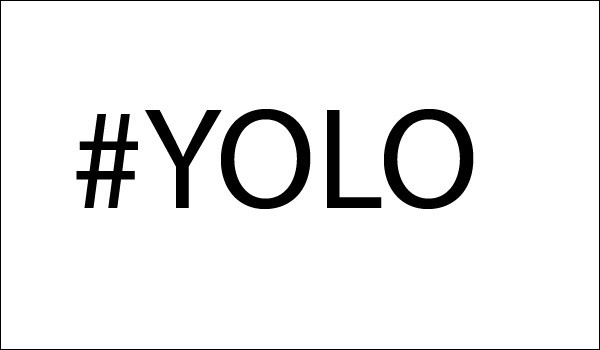It’s hard spending money. Sometimes, we get caught up in the moment and suddenly drop P3,000 on a nice sweater that you won’t get to wear, or P50,000 on a new laptop that you don’t really need, or maybe you buy round-trip tickets to a destination you’ve always wanted to see, but it wasn’t a seat sale. Impulse purchases on small and unneeded things build up to negative cash flow, and it usually is why you find yourself experiencing “petsa de peligro” 2 days after payday.
The YOLO mentality is real. It makes a lot of people impulsive, dropping cash on a lot of things that can wait, in pursuit of satisfying a need immediately. These spending habits can have a bad effect on your financial stability; before long, you might find yourself deep in debt. Read on and see if any of these 5 bad spending habits resonate with you!
1. You don’t have an emergency fund.
A lot of people, especially young ones, don’t realize the value of having an emergency fund. Financial experts recommend that you set aside at least half a years’ worth of monthly expenses as your emergency fund, to take care of things that may go wrong in the future. Make no mistake, having an emergency fund will be advantageous to your future (and can also work as show money for applying for visas!)
2. Using your credit card on everything.
A credit card makes a lot of people feel powerful. With one swipe, whatever you desire can be yours. Tomorrow be damned, you’ll cross that bridge when you get there. Sales all around, and you swipe to your heart’s content, even on items you don’t even need, like winter coats you’ll never get to use. What you don’t realize is that doing this gets you closer and closer to maxing out your credit card – an incident that will wreak havoc on your credit history. Be careful!
3. Spending to not be left out.

The new iPhone is out! Oh, is it #LaBoracay already? Let me get the tickets! My Instagram friend had a steak dinner at Blackbird – got to have it, too! Our fear of missing out preys on our spending habits. When you feel bad that you don’t have what others have, you spend money to get it as well, even if you don’t want it. Learn to exercise temperance. Double-check every purchase you’ll make, and ask yourself if it’s a good long-term investment, or another instant gratification episode.
4. Satisfaction now, regrets later
Credit cards make you feel the gratification, but pay for it later, in more ways than one. In many cases, this kind of thinking also leads to not paying your debts on time, leading to big overdue fees, or maybe even compounding with other debts. It’s going to be hard to pay it all off all at once, and it makes your credit history suffer. Try to keep careful track of your expenses and limit yourself to avoid being in this situation.
5. Borrowing to pay off debt

A lot of people think that the only way to pay off debt is by taking out another loan to pay for it. In many ways, that is so wrong. Not only is this counterproductive, it doesn’t help your credit score in the least, and it means you will be trapped in a cycle of debt, with interest rates climbing and climbing as you take out more loans to pay for other loans. Work off your loans one at a time to avoid this.
Image Source:
http://www.insidefortlauderdale.com/1122/YOLO-makes-the-Banned-List
http://www.thefrisky.com/2011-06-17/7-shopping-pet-peeves
http://www.infobarrel.com/Borrowing_Money_from_Good_Sources

